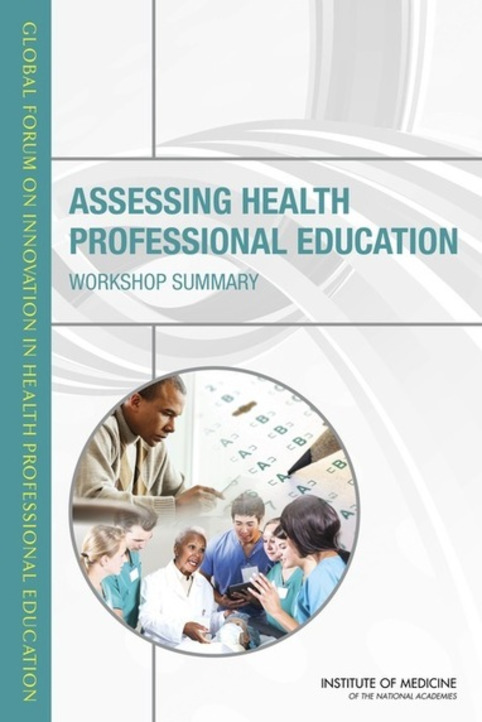Many aspiring health providers require advanced degrees to enter practice. But does more medical education actually improve patient care?
In recent years, nurses, physiotherapists, audiologists, speech therapists, and pharmacists have all increased their entry-to-practice requirements, with registered nurses needing at least a bachelor degree, and physio and other therapists obligated to obtain a master’s degree to be considered for licensing.
By 2020, all pharmacy schools in Canada will move to a doctorate degree, adding a year to their training and bringing the total time in school to at least eight years. In the meantime, physician assistants are feeling the pressure to move, as their American counterparts have begun to do, from a master’s to a doctorate as the first step to practice.
These ever-advancing requirements to enter into practice are known as “degree creep.” But does the drive for more time in the classroom actually improve patient care?
...
And what does this actually do for patient care? The literature is scarce....
Career-long-learning
Roussel says there’s no push to bump up nursing entry-to-practice credentials to a master’s. Instead, she says there’s more discussion on how to integrate a practical doctorate in Canada, and how to enhance the PhD-level degrees that already exist...
Sunita Mathur, a physiotherapist and assistant professor in the Department of Physical Therapy at the University of Toronto, wrote a 2011 editorial in Physiotherapy Canada asking whether it was time to consider a more advanced degree. The answer was a firm no.
“We didn’t want it to just be ‘creeping credentialism.’ We didn’t want to say, they’re going to basically get the same education but we’ll call it a doctorate and increase it by a few months,” Mathur says.
“What we’re doing instead is working on curriculum renewal to change how we teach, how we deliver information to help students be creative and critical thinkers,” Mathur says. “We’re keeping the same structure, but working on the curriculum to help learners prepare for the environment.”
O’Connor says the view needs to be wider than just the start of one’s career.
“Entry to practice is just the beginning,” she says. “We need to have a map for the whole career pathway.”



 Your new post is loading...
Your new post is loading...









IN respoinse to the blog:
Does more education for health professionals equal better patient care?Is "Quality of care" directly related with level and quality of medical education? The complicated relation between personal ability, motivation, quality of educational school, conditions of entry into real care etc. etc. is an issue of study for as long as medical education exists. Putting it in the way this blog is stating, is a rather tiny perspective on the matter. WHy not just turn the question around: "What should medical education do and how would they need to do that", to ensure that medical education improves health care practices!